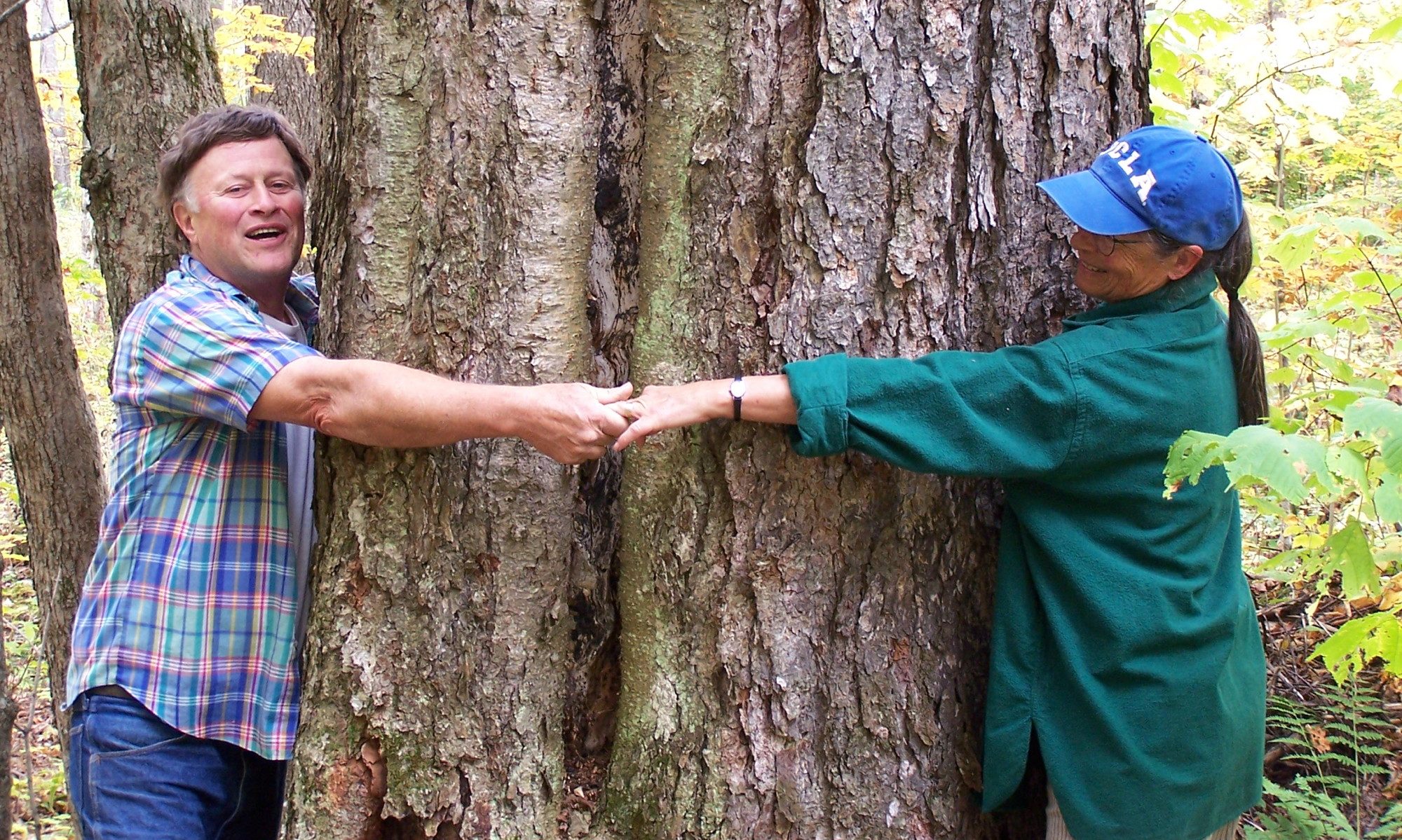Before you read anything else, go play Game About Squares. Seriously. Don’t come back here until you’ve gotten to Level 8. But do come back – don’t let it suck you in permanently!
(Did you really go play? Honest? Because if you didn’t, the latter part of this post won’t be as much fun to read.)
Last month we were in Boston for the NCSM and NCTM yearly meetings, and as has recently happened at large math ed events, I was occasionally hailed with some version of, “We just used your video in our talk!” or even “OMG! We use your video in ALL of our PD! You’re famous in [insert state, county, or district here]! Can we take our picture with you??” Invariably, they’re referring to the very first Ignite talk I gave, which was at NCTM in Indianapolis in 2011 (though it wasn’t technically part of NCTM, since the session didn’t get accepted, so we did it in a bar). If you haven’t seen it, or haven’t watched it lately, I encourage you to check it out.
Many groups are using this video as a launch for professional development because it can start conversations about moving beyond answer-getting and instead valuing as many of students’ mathematical ideas as possible. As of this writing, the video has been viewed over 15,800 times. That’s really exciting! And I certainly don’t mind being stalked at math ed conferences.
This past year I wrote math curriculum, mentored college students doing academic tutoring, and did some tutoring myself for a group of high school sophomores from under-resourced schools participating in Project Blueprints, an after school youth empowerment program hosted by Swarthmore College. One thing we focused on early in the year was developing and emphasizing mathematical habits of mind and working towards getting the students to believe that they have mathematical ideas and that those ideas are important. We did a lot of Noticing and Wondering! In fact, one of the first activities we did when they got the new iPads was to play Game About Squares.
Now, these are kids who are taking high school geometry and are about to take the state’s Algebra exam for a second time (their district doesn’t have a very high success rate – one kid claimed that nobody from their district has ever passed). Isn’t this supposed to be math support? Do they really need to play a game?
Well, yes. Students opened the game and were confronted (as were you, if you followed my directions to play before reading) with this:

“What are we supposed to do?”
“How does it work?”
“Where are the directions?”
“Uh….”
Those were a few of the comments I heard from the two pairs of students I was working with that day (and the one other adult in the room, who had pulled out her phone to try playing). I just said, “Figure it out.”
Not surprisingly, they did. They noticed, they wondered, they tried things, they guessed and checked, they made mistakes, they groaned, they backtracked, they started over, they laughed, they talked to each other a lot, they persevered, and they were excited by and proud of their progress. What teacher wouldn’t want those things to happen in their math classroom on a regular basis?
An especially fun moment happened when Ashley, one of the coordinators of the program, came into our room. She asked what they were doing and one of the students reset the game to Level 0, handed the iPad to her, and said, “Here.”
She asked, “What am I supposed to do?”, and the students just grinned and wouldn’t say a word. I gave her a “don’t look at me!” shrug. They watched Ashley’s finger hover over the screen to see what she would click on. They snuck glances at her face to see if they could tell how she was feeling. They grinned some more. They elbowed each other gently when she made the same mistakes they had made. They watched her slowly figure out how the game worked. It was almost magical to observe them watching an adult go through the same learning and figuring out process that they had just gone through. They seemed almost entranced!
Then we talked about the game for a bit, and discussed the “habits of mind” they had employed to figure out the game – noticing and wondering, guessing and checking, persevering, struggling productively, learning from mistakes without worrying about making mistakes (since they knew the only way they were going to make progress was to make mistakes and learn from them), and working together. We talked about how these skills are as important as any content they learn in their school classes, and how they can use those skills to make progress on math problems they’re not sure how to solve. In fact, much of the math programming we did the rest of the year employed huge doses of Noticing and Wondering and generating ideas about math situations, or scenarios (a math problem with no stated question). Anecdotal reports suggest that by the end of the year, most of the students felt pretty confident that they could generate ideas about most math situations we handed them. Big win!
These days we talk a lot about the importance of implementing and practicing the Standards of Mathematical Practice in classrooms. Sometimes it’s hard to make that practice explicit, but students do need to know when they’re developing and using (and getting better at) those habits. One way to do this is to do activities, such as Game About Squares, where there isn’t any real math “content”, but there is a lot to mess around with and figure out and enough support that students can do that without a lot of guidance from any adults.
I’d love to hear about your favorite such activities, and what sorts of subsequent conversations you have with your students about habits of mind.
Now go play Game About Squares some more. After a hiatus, I’m currently working on Level 19, so I’ve got a lot of things to figure out!
[originally posted to my now-defunct blog at The Math Forum]
